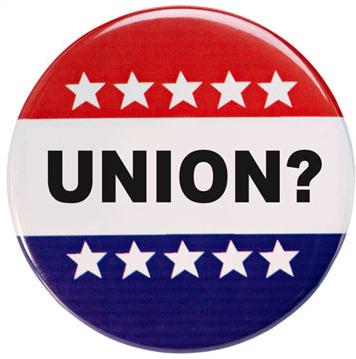Today marks the last day at-home childcare providers can vote on whether or not to unionize. The vote has produced a lot of outrage among providers because more than two thirds of providers were barred from having their voice heard in the election. Providers have chosen to fight back. Alpha news has remained committed to covering the issue of childcare provider unionization in full.
Last week a group of 11 plaintiffs sued Governor Dayton, Bureau of Mediation Services Commissioner Josh Tilsen, and Emily Piper Johnson, Commissioner of the Department of Human Services on the basis that not allowing all roughly 11,000 providers to vote on whether to unionize. According to the Star Tribune, only 2,348 providers had the ability to vote, as these were the providers that received public funding in the form of childcare reimbursement in December of 2015. Those who filed the suit believe it violates the providers’ constitutional rights, and are asking that the Family Child Care Providers Representation Act be thrown out entirely.
Those who stand staunch against unionization do so for a plethora of reasons. Hollee Saville, the lead plaintiff in the case against Dayton and his colleagues tells Alpha News she is “cautiously optimistic the courts will rule that the vote is unconstitutional,” adding that the vote is a form of exclusive representation in violation of federal labor law and the Fourteenth Amendment (equal protection clause).
Saville, who is the small business owner of Happee Hollee’s Preschool and Child Care says that other providers and she called every licensed provider participating in the unionization vote. She notes that the state wasn’t expecting the fight her and other providers were willing to put up, and she looks forward to the day when providers “have the freedom to run their businesses the way they choose.”
Saville penned an op-ed in the Star Tribune in which she fiercely argues that he idea that unionization will improve child care quality is wrong. In addition she states that historical activists like Elizabeth Cady Stanton, Susan B. Anthony and Lucretia Mott “would likely be protesting the forced unionization of providers, and exclusion of a large portion of licensed family child-care providers, “most of whom are women.”
Another provider from Cottage Grove, who asked to remain anonymous, told Alpha News that she worries that the unionization of sole proprietor will create “a slippery slope and open Pandora’s box.”
The American Federation of State, County and Municipal Employees (AFSCME) is the group organizing childcare providers to create the Child Care Providers Together (CCPT) union. The Minnesota Licensed Family Child Care Association, Inc.’s website argues that unionization will, “Represent providers in collective bargaining” and “endorse pro-child care candidates” What isn’t clarified is what a “pro-child candidate is.” The site also asserts that the union will negotiate legal contracts with local and state governments, handle reimbursement, subsidies, health insurance, etc.
The Unionization of child care providers is a national movement. 18 states have unionized child care providers, only 7 of which have an active contract. Some states unionized child care providers via gubernatorial executive orders.
The results will be released tomorrow morning. To learn more about child care unionization make sure to subscribe to Alpha News.
Correction: providers eligible to vote had to have had recieved state funds via reimbursement from the state in December of 2015.











